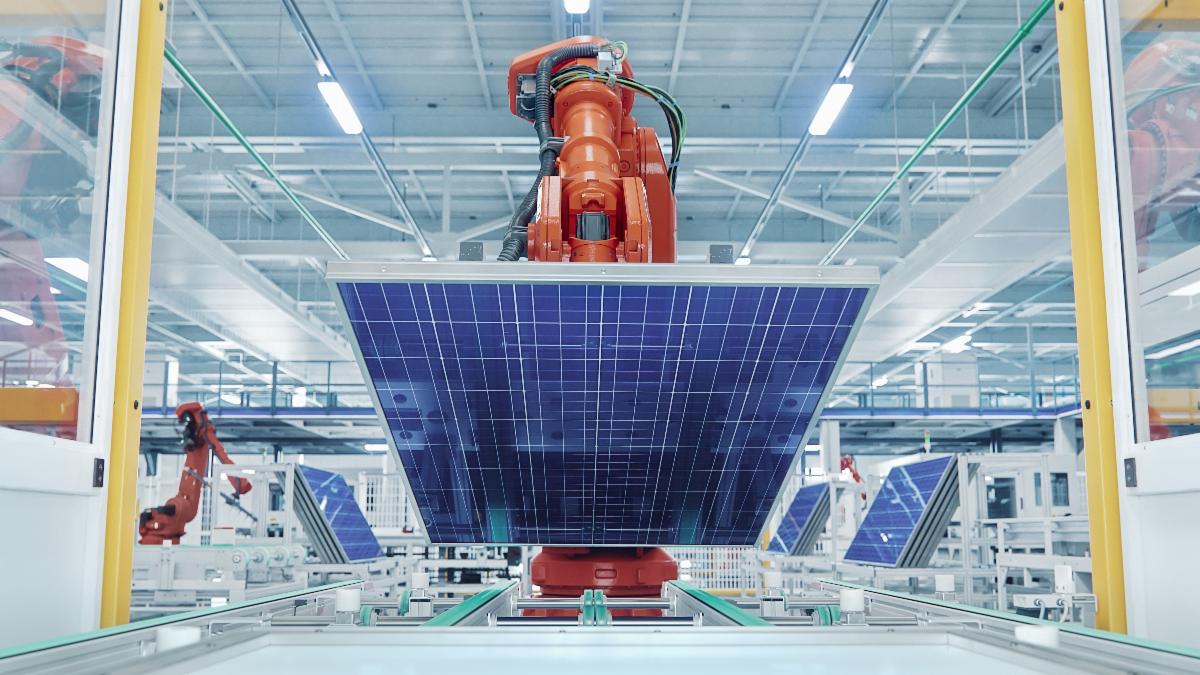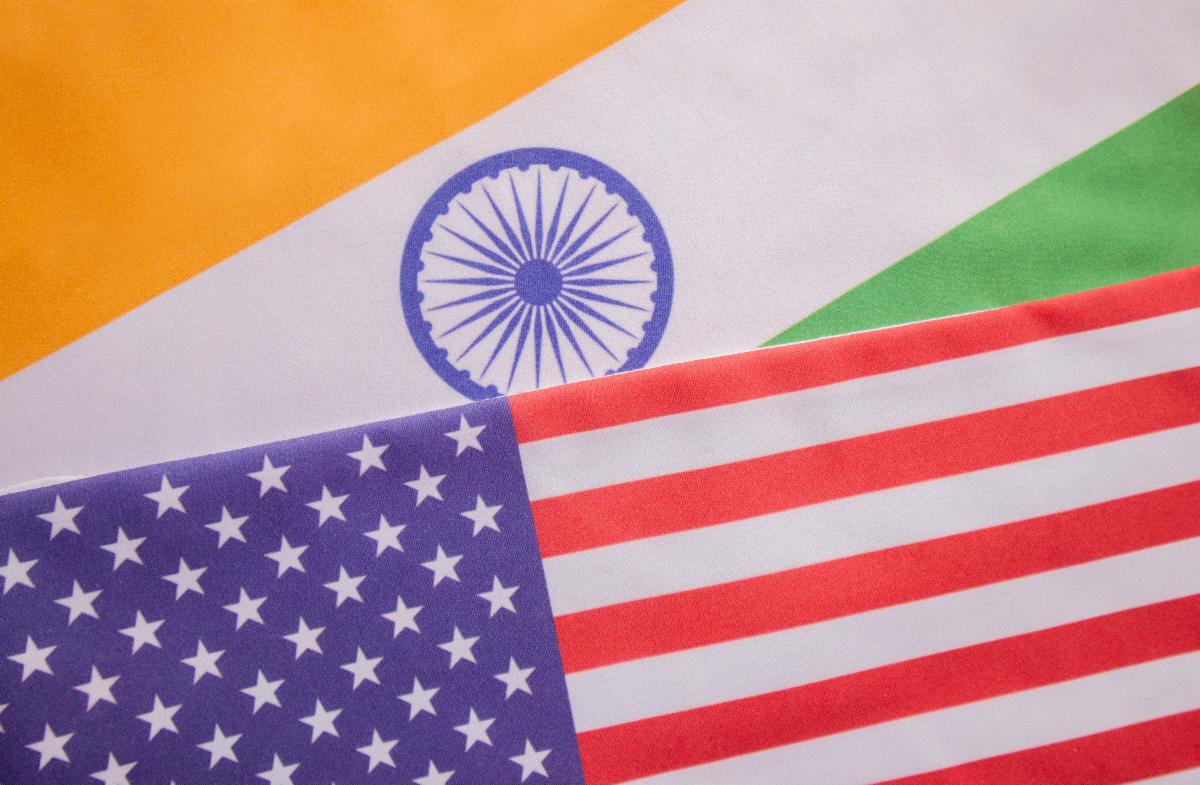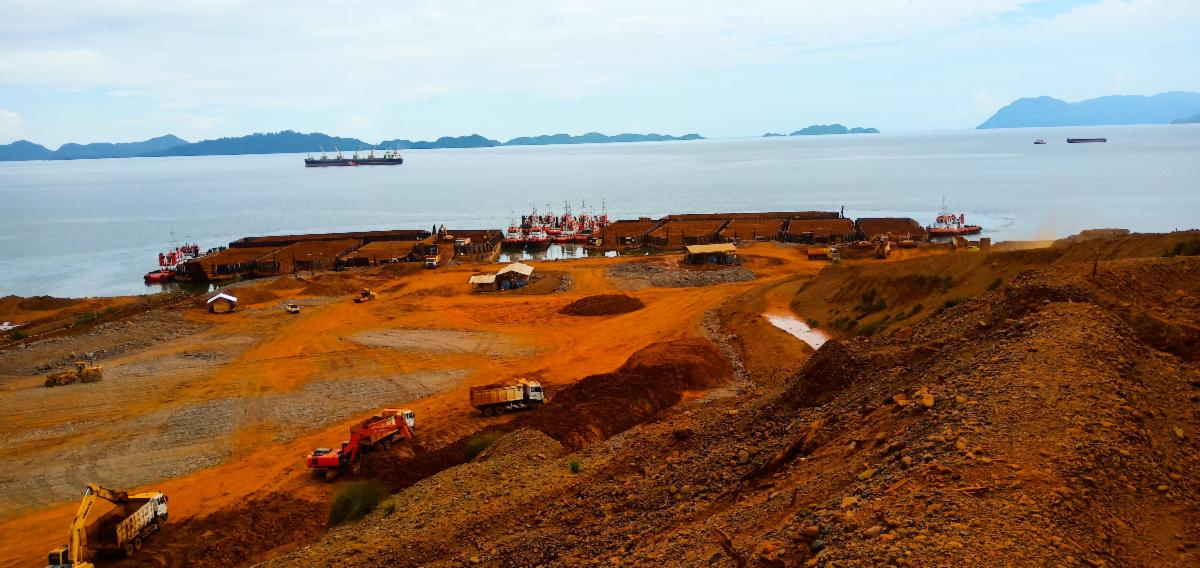Indo-Pacific Energy Update – January 23, 2023
Indo-Pacific Energy Update – January 23, 2023
Want to receive future energy updates? Subscribe here.

Security, space edge out energy and climate in Biden-Kishida meeting
President Joe Biden’s January 13 meeting with Japanese Prime Minister Fumio Kishida in Washington yielded new reaffirmations of the U.S.-Japan alliance and Washington’s commitment to defend its ally as well as a strong American endorsement of Japan’s plans to boost its defense spending. The two countries also signed a framework agreement on space cooperation, a foundation for joint space activities over the next decade. Notwithstanding ongoing efforts like the Japan-U.S. Strategic Energy Partnership (JUSEP), references to the two nations’ cooperation on energy security, clean energy, and climate change seemed cursory in comparison to security concerns.
Why it matters: As two of the world’s three largest economies, and two of the top five energy consumers and CO2 emitters, the United States and Japan are key players in the global energy transition. The U.S. and Japanese governments are also among the world’s top spenders on research and development and have had a close partnership in energy-related research. While security challenges in East Asia are pressing, and the two governments are engaged in lower-level energy discussions, the Biden-Kishida meeting looks like a missed opportunity to accelerate and deepen U.S.-Japan cooperation.

South Korean firm invests $2.5 billion in Georgia solar manufacturing plant
On January 11, South Korea’s solar energy company Qcells, a Hanwha subsidiary, announced plans to invest $2.5 billion to expand its solar manufacturing plant in Dalton, Georgia. Qcells also stated its intent to open a second factory in Cartersville, Georgia, with production commencing in 2024. The combined investment could potentially create 2,500 jobs. If completed, the Qcells project would be one of the largest clean energy manufacturing commitments since the passage of the Inflation Reduction Act (IRA) in August 2022.
Why it matters: Qcells’ announcement suggests that the Inflation Reduction Act is having some impact both in ramping up solar panel production, hastening deployment, and boosting domestic manufacturing. Indeed, in late December, industry group American Clean Power reported over $40 billion of “grid-scale clean energy investments” had been made since the passage of the IRA. Coupled with approval of renewable energy projects in “red” states, these economic impacts could make some forms of clean power more bipartisan.

U.S., India establish new bilateral supply chain working group as Washington works to reorient China trade
On January 11, the U.S. and India jointly announced a new working group centered on supply chain sustainability. The statement came a day after Secretary of Commerce Gina Raimondo met India’s Minister of Commerce and Industry Piyush Goyal in Washington. The working group will include discussions of cooperation in scaling up innovative clean technologies.
Why it matters: The new working group falls within a broader U.S. push in both the Trump and Biden administrations to protect vulnerable supply chains, in no small part by diversifying away from reliance on China. Last November, U.S. Treasury Secretary Janet Yellen emphasized the importance of the U.S. strengthening its trade ties with India, with bilateral trade between the U.S. and India valued at $150 billion (2021). As the U.S. seeks to reduce its manufacturing reliance on China, India could help fill needs in clean energy and critical minerals technologies.

Indonesia nears EV deals as tensions with China loom
On January 17, a senior Indonesian official claimed that Jakarta is close to finalizing investment agreements for electric vehicle production facilities with Chinese automaker BYD Group and with America’s Tesla Motors. Indonesia has sought to develop domestic industry to capitalize on its rich nickel deposits, going so far as to bar nickel exports. The news comes a day after fighting between Chinese and Indonesian workers at a nickel smelter owned by Gunbuster Nickel Industry, a subsidiary of China’s Jiangsu Delong Nickel Industry, killed two people. The deadly clash occurred during a protest by Indonesian workers who said that Chinese management had ignored safety concerns following fatal workplace accidents.
Why it matters: As Indonesia seeks its place in a growing global clean technology market, its relationships with China—and with its rival, the United States—could be complex. Nickel is a critical component in EV batteries, and Indonesia wants to develop its own processing and manufacturing capabilities rather than remaining simply a commodity exporter. In doing so, it has relied upon Chinese investments and in some cases Chinese ownership of factories. Recent encroachments by Chinese naval vessels in Indonesia’s offshore Exclusive Economic Zone, including near oil and gas deposits, have also caused tension, with one territorial breach that has lasted almost three weeks.
